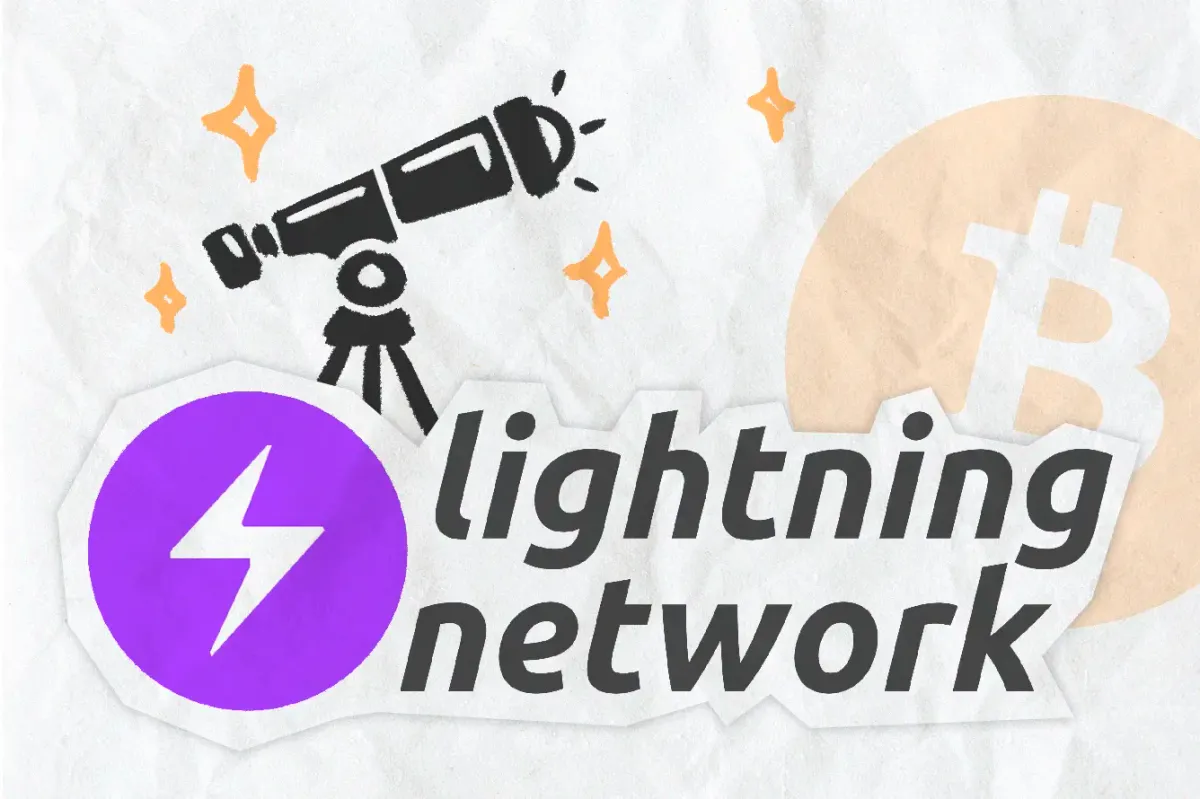
In the world of cryptocurrency, what was once groundbreaking soon becomes outdated. The Lightning Network, once seen as an essential solution to Bitcoin's scalability constraints, is falling behind more efficient, easily scalable, and dynamically governed decentralized payment solutions.
Core Bitcoin developer Antoine Riard is particularly concerned about a newly discovered vulnerability called replacement cycling attacks, through which hackers could steal funds by exploiting individual payment channels. This type of hack is hard to accomplish but even harder to prevent, as it requires changing the base-layer protocol.
Believing the fate of Lightning Network to rely on the capacity of the ecosystem developers to solve this issue, the security researcher quit developing the layer-2 solution in October to focus solely on the core Bitcoin blockchain, and urging his colleagues to follow his example.
Riard is not optimistic about the capacity of the Bitcoin community to solve the issue, as developers have become too entangled with the desire for profit of venture capitalists invested in the Lightning Network.
In a recent interview, he commented, "the sad fact being most of them are working for VC-funded entities, or commercial entities with the same low-time preference, at the long-term detriment of end-users."
By financing several Bitcoin developer entities, VCs dictate the path of innovation, prioritizing the increase of revenue stream by bringing in more users. The solutions developed by a revenue-first mindset are more efficient but also more centralized, jeopardizing the network's permissionless nature and censorship resistance.
"I'm not sure this is an interesting Lightning future," the core Bitcoin developer said.
Adding to the risk of decentralization, the network of micropayment channels has "several fundamental flaws, where each of them make the system as a whole a dead end for bitcoin, long term," according to Bitcoin developer and Bare Bitcoin founder Torkel Rogstad.
These issues relate to liquidity management, the need to be online to interact with the network, unreliable payments, the dependence on layer one for onboarding, and the security vulnerability at hand - replacement cycling attacks - the reliability of the base-layer protocol for security.
In a post on X, Robin Linus, creator of ZeroSync, said, "It's time to admit to ourselves that we oversold Lightning to each other," adding, "time to get over it. LN doesn't work for the masses."
As the problems pile up for Lightning Network and developers seem persuaded by VCs to invest their time in improving short-term profitability instead of creating a long-term scaling solution for Bitcoin, one asks, does the Lightning Network have a future?

